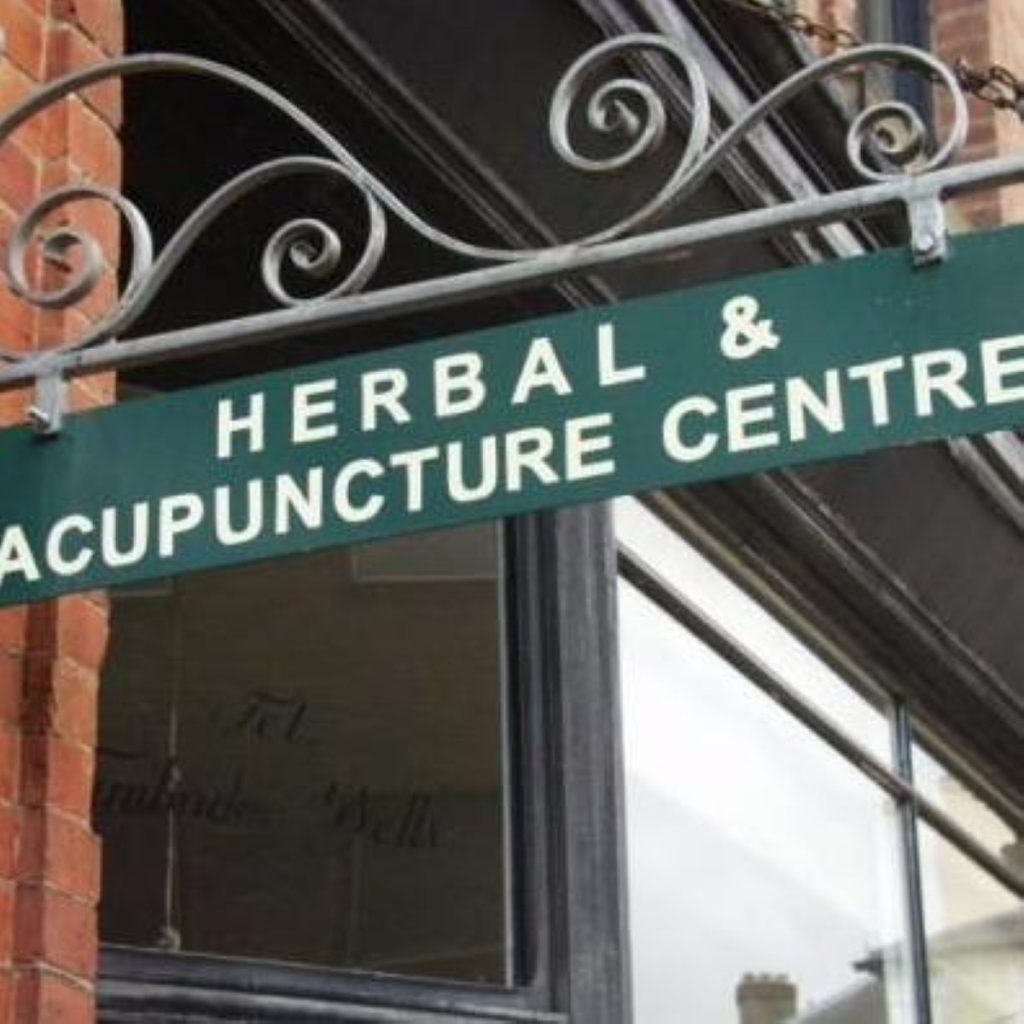Tighter regulation for alternative health products
Complementary and alternative medicines are to be regulated more tightly under Government plans announced on Wednesday.
Extra funding of £900,000 has been made available to develop new regulatory systems for alternative health care providers.
The Prince of Wales’s Foundation for Integrated Health will oversee the regulatory development process. To start with, this will be a voluntary self-regulation scheme and is likely to cover practitioners of homeopathy, aromatherapy and reflexology.
Proposals for a separate regulatory scheme covering more invasive practices, such as acupuncture and herbal medicine, is to be published in early 2005.


In addition, there is to be a new Herbal Medicines Advisory Committee, under the auspices of the Medicines and Healthcare products Regulatory Agency (MHRA). This will look at both unlicensed and registered products and provide safety and quality advice to the Government and the MHRA. A consultation on its remit and responsibilities will run in early 2005.
Announcing the new drive, Health Minister Lord Warner said: “Thousands of people use complementary healthcare and it’s important that patients are confident that these services are provided by qualified and competent practitioners. This extra funding will mean the Foundation can continue its work of supporting practitioners in self-regulation. This work, combined with a brand new committee of experts to advise on the safety and quality of herbal remedies, is another step towards improving the safety and quality standards in complementary medicine.”
The move towards self-regulation was also welcomed by Michael Fox, chief executive of The Prince of Wales’s Foundation for Integrated Health. He said: “The Foundation believes that complementary healthcare practitioners should be properly qualified, competent and insured. Our programme has achieved much in building the confidence of the complementary and conventional sectors over the past five years. We welcome the progress being made towards the introduction of statutory regulation for acupuncture and herbal medicine, and for voluntary self-regulation of other complementary professions.”












